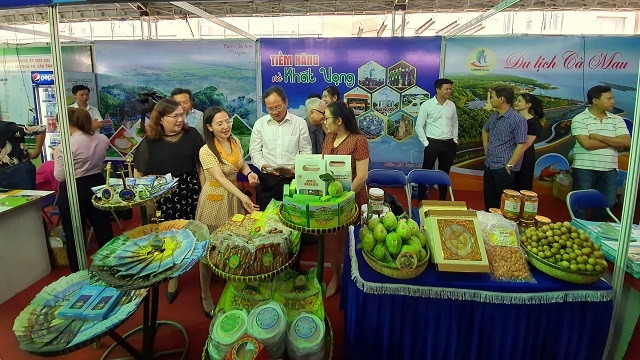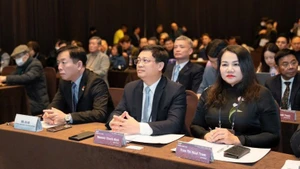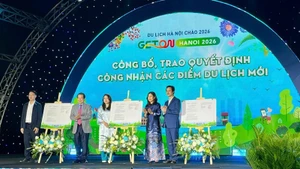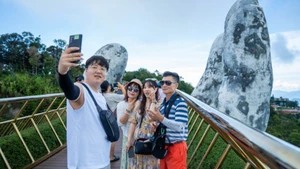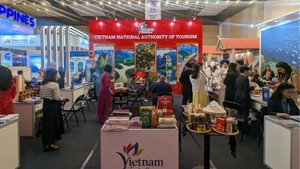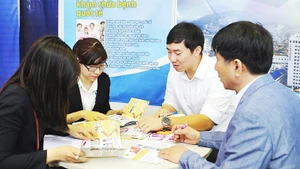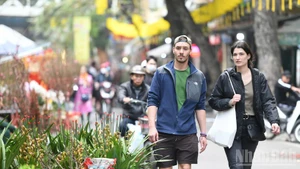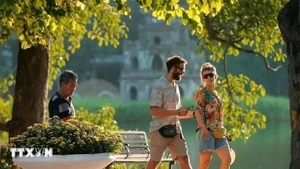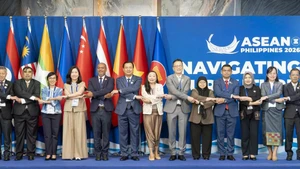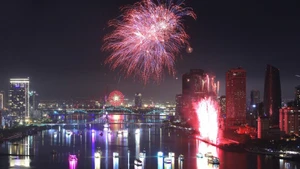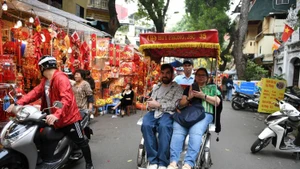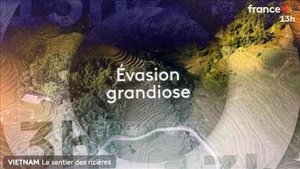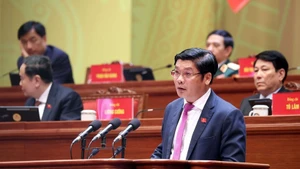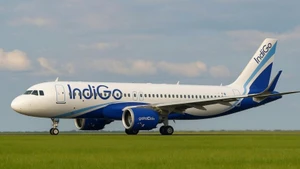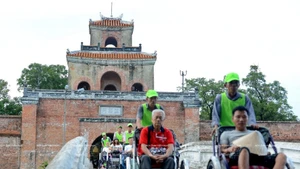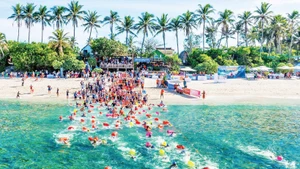It aims to promote the tourism potential of the southern economic hub and the delta’s 13 cities and provinces, while improving inter-regional tourism development.
It will also look to rejuvenate the domestic tourism sector post-pandemic and prepare to resume international activities when the government permits.
HCM City and the Mekong Delta signed a tourism development cooperation agreement last December.
Vice Chairman of the municipal People’s Committee Duong Tan Hien said the Mekong Delta is home to a diverse ecosystem. Tourists can, for example, visit fruit orchards in Tien Giang, Ben Tre, Vinh Long, Dong Thap, and Can Tho, while those to Kien Giang, Bac Lieu, and Ca Mau will have the opportunity to experience seas and islands.
Tourists to An Giang, Soc Trang and Tra Vinh, he said, can learn about historical relic sites and enjoy local food specialties.
While the Mekong Delta possesses advantages in ecotourism products, HCM City is strong in MICE (meetings, incentives, conferences and exhibitions) – a form of tourism in which large groups, usually planned well in advance, are brought together.
Links between HCM City and Mekong Delta localities have helped the two sides expand tourism markets, according to Hien.
In the context of being unable to open up to international tourists due to COVID-19, increasing the number of Vietnamese tourists is the only solution to promote the industry, he added.
The number of tourists to the Mekong Delta in 2019 was estimated at 47 million, and the tourism sector grossed VND30 trillion (US$1.28 billion) in revenue.
